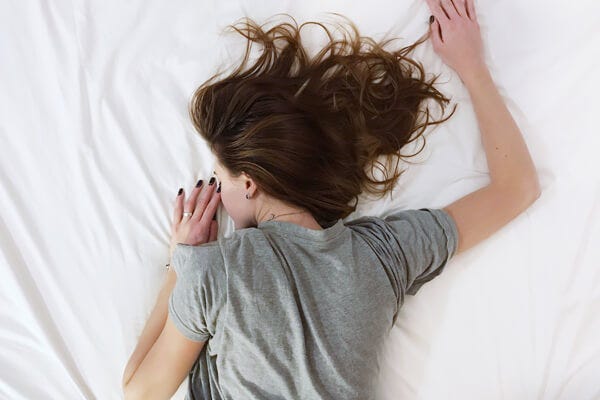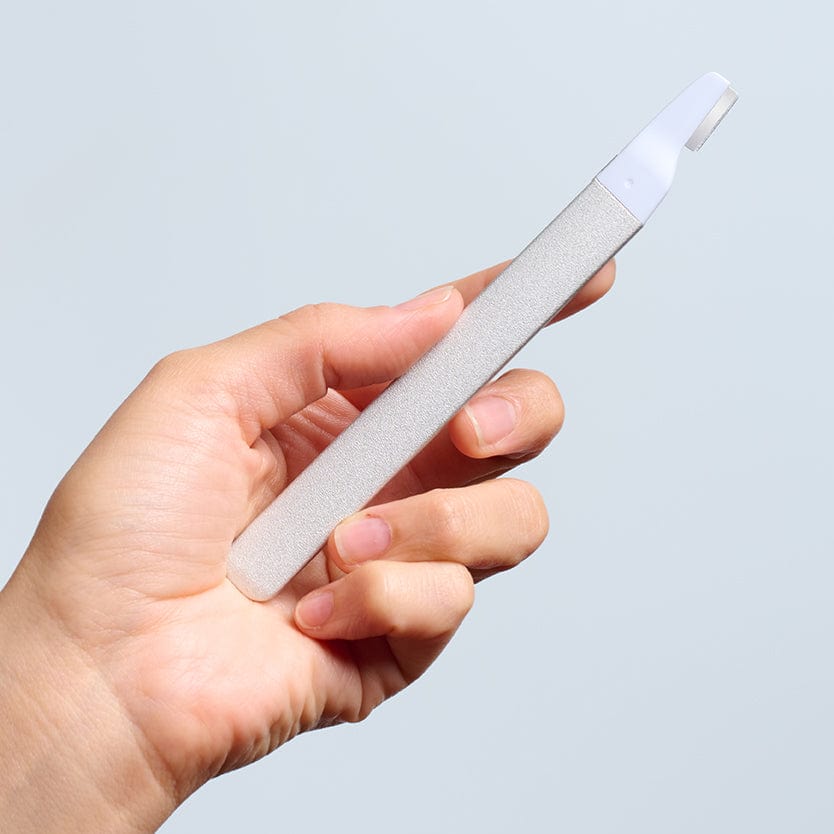How Sleep Affects Your Skin
Written by Kerry Benjamin

We know that a good night’s sleep gives us more energy during the day, reduces stress and consequently makes us more productive, but the benefits of a quality sleep session stretches much further – it also plays a major role in maintaining a smooth, supple and bright complexion.
Ever notice how dull and lackluster your skin looks with little to no sleep? Our skin is in repair mode while we sleep, and our circadian rhythm (the body’s internal time clock) is most active at night. While we sleep, our bodies release hormones and regulate metabolism, which leads to increased cell turnover, collagen production and less breakdown of important proteins. These are all key processes that contribute to beautiful skin.
How exactly does sleep affect our skin?
While we sleep, our bodies are in repair mode and release certain hormones, notably the growth hormone (GH), also known as somatotropin or somatropin. GH is only active at night and is responsible for increasing cell production, collagen synthesis and decreasing protein breakdown. Melatonin is also released and helps skin by fighting age spots, wrinkles and, in some cases, skin cancer.
According to Geoff Wright, director of The Hair and Beauty Partnership in London and an expert in chronobiology (the study of the body clock), there are set times when the body and scalp are in repair mode. These are:
- 8pm to 11pm – time for hydration and stimulation
- 11pm to 3 am – time for nutrition and regeneration
- 3am to 5am – time for resting
What does a lack of sleep do to our skin?
According to Leslie Baumann, MD, lack of sleep triggers the body to release cortisol, the stress hormone that can lead to:
- Wrinkles – increased cortisol causes blood sugar levels to rise, leading to glycation, the process of excess sugars attacking collagen
- Acne – cortisol causes inflammation
- Dryness – the stratum corneum, or outermost layer of the epidermis, helps to lock in moisture and keep out foreign microorganisms. Cells that make up this layer contain keratin, which help prevent water from evaporating.
Lack of sleep, or poor-quality sleep, causes the body to become stressed, causing capillaries to tighten up which affects our skin and scalp. Lack of sleep also accents the classic telltale signs of dark circles, undereye bags and dull, lackluster skin.
What if I aim to get more than 8 hours of sleep? Is this beneficial?
Most experts agree that 7-8 hours is sufficient. While sleeping for more than 10 hours sounds ideal, experts agree that it can be counteractive and may even lead to cell breakdown. There is such a thing as “too much of a good thing”! Ultimately, the quality of sleep trumps the quantity.
How do I choose a nighttime moisturizer?
Most night moisturizers contain a softening water-in-oil base and contain nourishing ingredients to help with skin repair. According to cosmetologist Collete Haydon, applying a night cream just before bed means that skin will get the most benefits when the absorption of nutrients is at its peak. She advises that the texture of the moisturizer should not be too thick or rich, since a too-rich formula can actually cut off oxygen to the skin, leading to poor microcirculation and puffiness, especially under the eyes. The texture of the moisturizer should have a good “slip” texture and should not feel noticeable after 15 minutes.
Other suggestions when choosing a nighttime moisturizer include choosing a formula with hyaluronic acid or shea butter, which match the oils on the surface on the skin minus the weight. Also look for formulas with skin-friendly oils, including olive and avocado, as well as vitamin E.
About the Author

Kerry Benjamin, a licensed aesthetician, has over 14 years of experience. Kerry is the driving force behind StackedSkincare. As the company's CEO, Kerry has dedicated her career to revolutionizing skincare. Her innovative approach combines peels, serums, and specialized tools to effectively address a wide range of skin concerns. CA LE license number Z98459.

